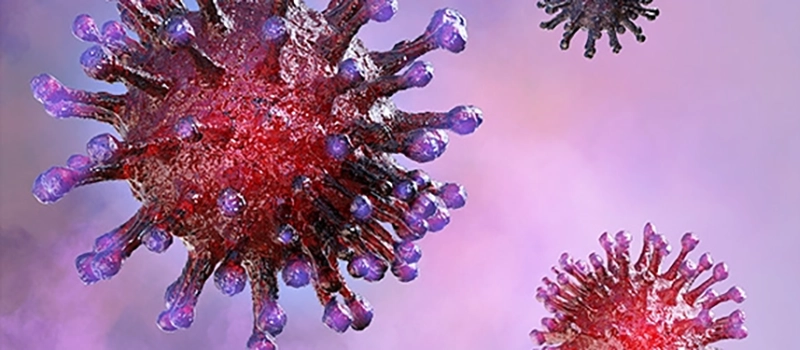
A few months ago some thought that COVID was firmly in the rear view mirror, but it would seem those hopes were very premature as now we’re in the 4th ‘wave’ of the virus. Epidemiologists will tell you that viruses often mutate, and sure enough that’s just what the Coronavirus has done yet again and introduced a new variant. The Delta variant is the one that’s now exploding across North America and elsewhere in the world and causing all sorts of concerns in the healthcare world as it is apparently much more infectious than previous versions of the virus. When it comes to the Delta variant mortality rate may be higher too.
However, just because this new Coronavirus variant may be more infectious and cause greater numbers of deaths doesn’t mean that we need to fret any more than we already have. And you should be concerned about this in the same way you should have been concerned about in the spring of 2019. We’re certainly not ‘out of the woods’ yet, as the expression goes, and everyone should be following the same personal safety and community prevention protocols as in the beginning while taking treatment medications when isolating in response to a COVID infection.
At present, it is estimated that the Delta variant mortality rate for Covid 19 is 0.2% for the general population. That is not an alarmingly high number, so the message really is that you shouldn’t be any more anxious than you have been at any point so far during the pandemic. But at the same time you should be on guard and careful with your body now just as much as ever.
There’s more than 350 million people in the USA, and among that massive population nearly five of every 6 new Coronavirus cases is where someone has contracted the Delta variant. Documentation of patients is indicating that the Delta variant produces symptoms that are more severe versions of one seen with the common cold. Runny noses, headaches, sore throats, and fevers are more pronounced with the Delta variants. Alternately, the well-known telltale signs of an infection with preceding types of Covid – including the loss of taste and smell – are not as pronounced with the Delta variant.
There are other differences between Delta and Alpha COVID 19 infections, and it’s natural that people have concerns about whether their double vaccinations will be as effective against this new variant. One of the realities about the ongoing pandemic that can’t be disputed is that far too many people are believing information shared by individuals who are unqualified to be sharing information in the first place. Yes, these are likely the same people who would have touted hydroxychloroquine as a cure for COVID last summer.
If it becomes necessary for people to get a 3rd and perhaps different type of vaccination to defend against Coronavirus variants, then you should trust in the public health ministries to advise you of that and no one else.
Scientists have stated emphatically that being vaccinated drastically lowers your risk of severe infection and death from COVID 19, and that this applies to the Delta variant as much as it does any other Coronavirus type.
That said, you shouldn’t completely rely on your vaccinations to be keeping you safe. People who are vaccinated can still catch the virus and transmit it to others, so being careful of who you interact with and practicing good hygiene is key. That can lead to many different discussions, including how long should you wash your hands. 15 seconds of good thorough hand washing is a good guideline, and of course continuing to wear a quality mask in public and use hand sanitizer after touching door handles and similar surfaces in public are also good ideas.
The Delta variant mortality rate isn’t something the average person should be too worried about. If you’re like the majority of North America who are double vaccinated it’s not like you have nothing to worry about, but you’re in a much better spot than those who haven’t had their jabs yet.